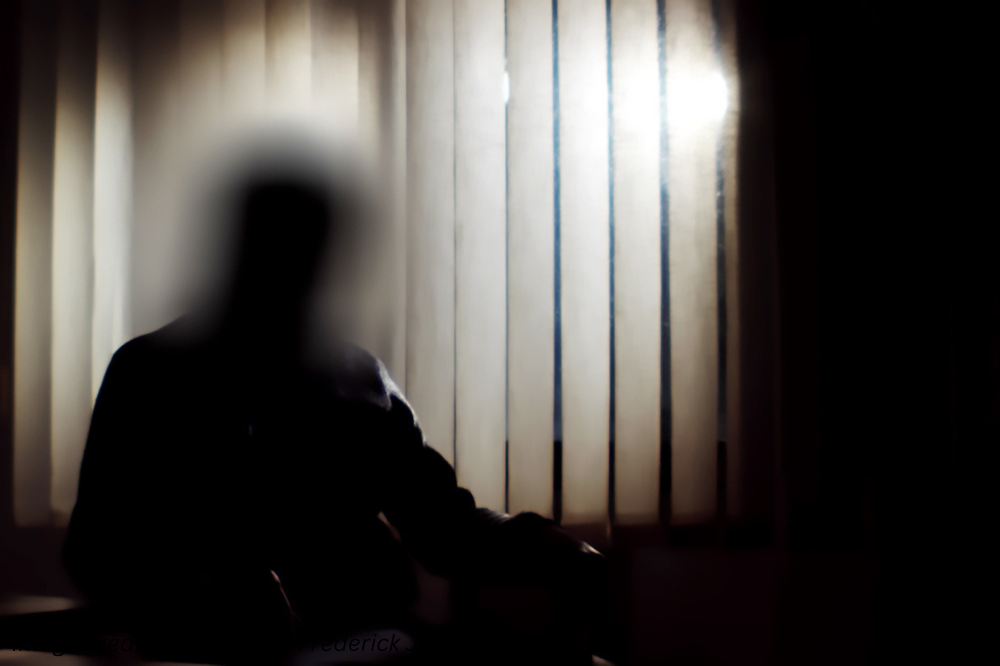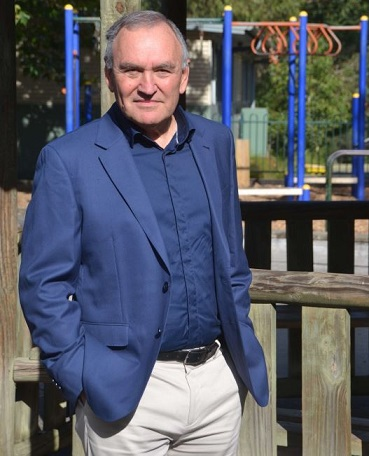
The latest national survey into principal health and wellbeing has found school leaders are working an average of 56 hours a week under the toughest conditions they’ve seen since the survey started 12 years ago.
The report, released today, reveals an alarming 47.8% of Australian principals triggered "red flag" alerts (generated when school leaders are at risk of self-harm, occupational health problems or serious impact on their quality of life) – a 64% increase from 2022.
However, while more than 2,500 principals spoke to the researchers who conducted the study about the debilitating issues that are pushing their mental and physical health to the brink, very few school leaders speak out to their employers and are sadly, in most cases, left to suffer in silence.
A double-edged sword
Adam Foster, Partner, Employment and Safety at Colin Biggers and Paisley, says: “Workers who feel that they cannot raise issues regarding their employment and work tend to have poorer mental health outcomes.”
However, as Andrew Brooks, Employment and Workplace Lawyer at Law Squared points out, principals can also potentially face disciplinary action if they go public with the same grievances that are impacting on their physical and mental health.
“We would always recommend seeking independent legal advice before doing so,” Brooks told The Educator.
So, what legal protections do principals actually have when it comes to speaking out?
“There are Federal laws protecting whistle-blowers in relation to particular serious misconduct issues,” Adair Donaldson, director of Donaldson Law, told The Educator.
Foster says employers have not only an obligation to put processes in place to enable the raising of issues in the workplace but to also ensure that workers “have confidence that they can access those processes freely and without fear of recrimination”.
“All workers are protected by law from making a complaint under health and safety legislation or otherwise under an employment agreement or industrial instrument,” Foster said.
“This protection extends to principal class employees and means that an employee cannot be adversely treated because they have exercised a right under a workplace law to complain about a health and safety issue personally affecting them or others.”
However, Foster goes on to point out that “the real difficulty is not whether protections exist, but whether individuals are prepared to exercise a workplace right and feel safe to do so.”
'A lawyer's paradise'
Donaldson says it would be “very rare” for individual principals to speak out as they traditionally rely upon representative bodies to be advocating on their behalf.
“Further, individual managerial contracts will vary according to whether they are public, Independent or Catholic schools. Each contract has specific clauses in relation to making public comments,” he explains.
Like Brooks, Donaldson cautions that if a principal does not abide by the terms of their contract, there can be "significant administrative consequences" for them.
“I would stress that these contracts are very similar to senior management contracts in other industries. At the end of the day, each organisation should have a robust internal grievance system that allows the issue to be addressed," he said.
However, with each year seeing more reports from principals of “unsustainable” and “crushing” workloads, pressure is growing for Departments to reduce the amount of red tape and low-level tasks that are pushing principals to breaking point.
Donaldson warns that failing to act on occupational and health issues could see the employer held liable for any consequences stemming from the inaction.
“It then becomes a lawyer’s paradise,” he said.

Veteran principal fighting the good fight
One principal who has certainly not been afraid to speak out publicly is Berwick Lodge Primary School principal, Henry Grossek, who has 56 years of experience as a teacher and 38 years as a school leader.
He says school principals are confronted on a regular basis with the choice of speaking out publicly or not, on "contentious professional matters".
“Most choose not to do so. A few colleagues and I choose differently,” Grossek told The Educator.
“There are many reasons as to why so few principals speak out publicly on professional issues over which, privately, they may be seething. Some don’t see as their role as public commentators on their profession – they devote their energies to be entirely focused on school leadership matters at their school.”
Grossek said rightly or wrongly, some principals fear pushback from the education department, particularly those early in their principalship.
“Others fear that the media may distort their comments into a story high on sensation, but low on their intent and thereby land them in trouble with their departmental leaders,” he said.
“Others still, anguish, as I do, on the possibility of reputational damage to our sector by airing negative viewpoints on the state of play in public education and choose to stay silent.”
Facts provide the best protection
Grossek has long been an outspoken principal in support of public schools. Between 2009-2012, Grossek led a four-year national campaign for schools in which he highlighted the poor deal many public schools were given under the Rudd Government ‘Building the Education Revolution initiative, which he decried as “a waste of money”.
“I’m aware that [speaking out] does not always sit well with politicians, bureaucrats and even some colleagues. This has also been made clear to me by them on occasion,” he said.
“I’m sure that they would prefer that all principals spoke publicly only on those aspects of our profession that can be described as ‘good news stories’.”
However, in Grossek's opinion, this would be "doing the profession, in overall terms, a disservice”.
“It would be painting a rosy picture, one which would not be matching reality. For example, the current extreme lack of interest by teachers in becoming principals speaks to that very clearly,” he said.
Grossek said the longer his career has run, the more he is asked how he has managed to be so outspoken and not been sanctioned.
“Maybe the question speaks more to the public perception that speaking out critically on professional matters will result in punitive action, than the reality. Maybe not,” he said.
“I’ve long held the view that if you speak out publicly, with the facts underpinning your comments, then you are on safer ground. Nonetheless, I’d certainly be happier if more of my colleagues who support what I say in private, would do so themselves.”


